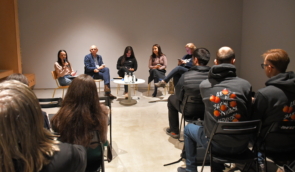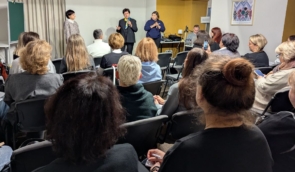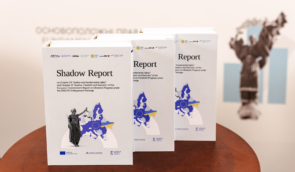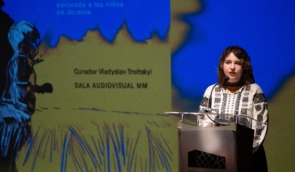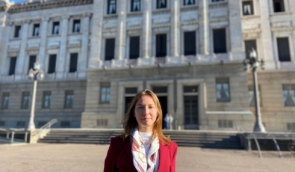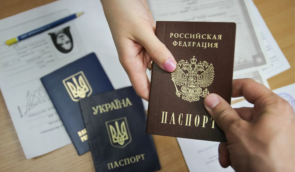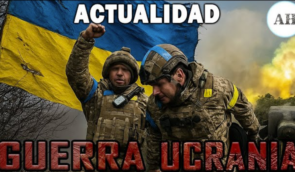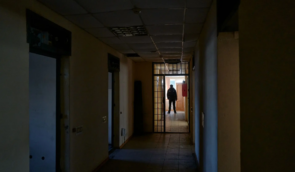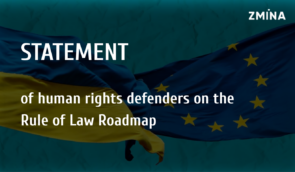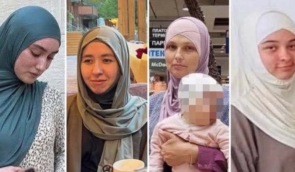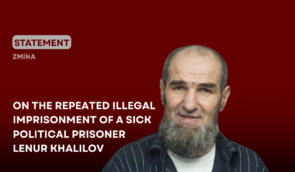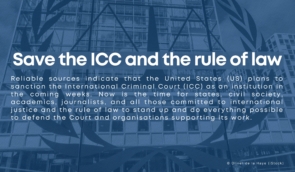ZMINA celebrates its 11th anniversary. What we did over past year
Today, August 15, Human Rights Centre ZMINA turns 11 years old. The full-scale war did not stop our work, it made us work harder and master new areas of activity.
This is already the second birthday of our organization during the full-scale war. Last year, we celebrated it with a volunteer cleanup in Irpin. Our team, together with the Courage to Restore organization, cleared away rubble and prepared one of the houses damaged by Russian army strikes for further repairs.
Today, we would like to briefly talk about the changes we underwent and what we managed to achieve over the past year – from August 15, 2022 to August 15, 2023. We chose the most important things and divided them into 11 blocks.
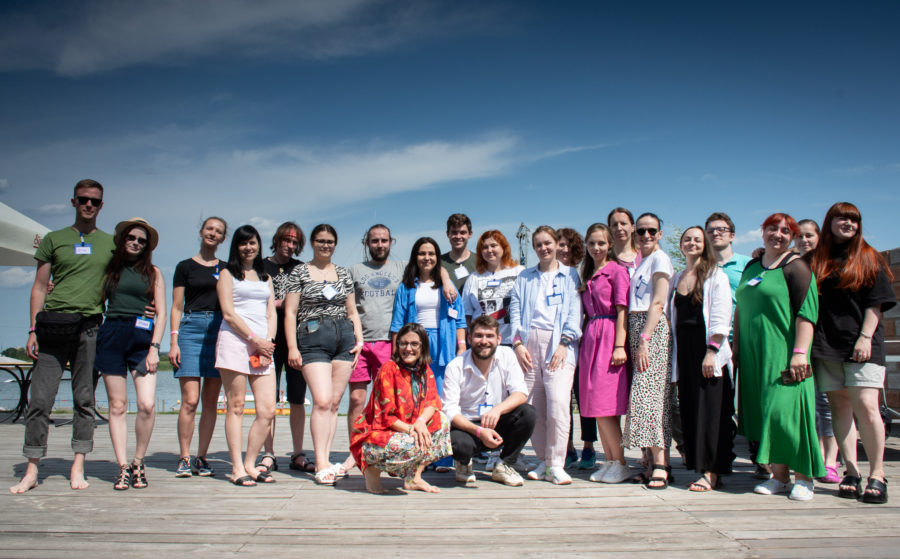 Photo shows a greater part of ZMINA during team building training, July 20, 2023
Photo shows a greater part of ZMINA during team building training, July 20, 2023- Documentation of war crimes
Since September 2022, we carried out 13 field missions to liberated settlements in Kherson, Kharkiv, Mykolayiv, and Kyiv regions, as well as trips to Estonia and Latvia to interview victims and witnesses of war crimes. More than 100 people were interviewed during field missions, and information on more than 1,500 potential war crimes was documented from open sources under the Berkeley Protocol.
While documenting war crimes and crimes against humanity, ZMINA cooperates with Ukraine 5AM Coalition which includes 34 NGOs that work together to protect the victims of Russian armed aggression in Ukraine and hold the top leadership of the Russian Federation and the direct perpetrators of crimes to account. We submit the documented information to the Prosecutor General’s Office, national investigative bodies, the UN Special Rapporteur on Torture, the UN Human Rights Monitoring Mission, the UN Independent International Commission of Inquiry on Ukraine, the International Criminal Court, the experts of the OSCE Moscow Mechanism, and other bodies.
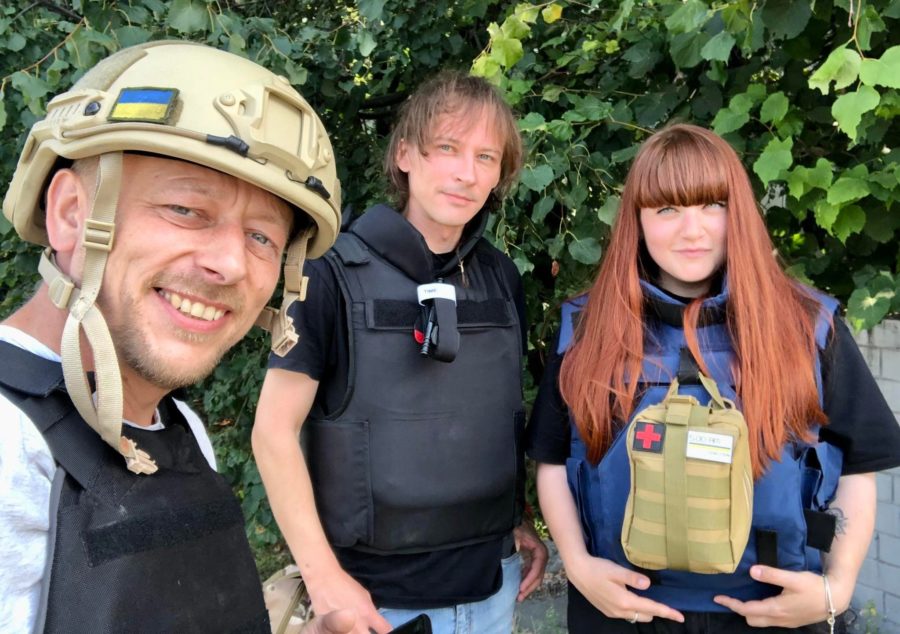 Field mission participants Yevhen Vasylyev, Serhiy Kochmarskyi, and Yelyzaveta Sokurenko
Field mission participants Yevhen Vasylyev, Serhiy Kochmarskyi, and Yelyzaveta Sokurenko- Researches
We analyzed data collected during surveys, focus group studies, field missions, statistical information, legislation and prepared analytical materials.
Over the past year, ZMINA published 11 researches: about challenges to freedom of speech in wartime conditions, about torture and enforced disappearances during Russia’s full-scale attack on Ukraine, about women’s cells in the Kherson temporary detention center, about forced mobilization of Ukrainians in the occupied territories, about problems with prosecution for collaborationism, as well as five reports on the deportation of Ukrainians to Russia and Belarus, including the context and essence of this crime, deportation of children, places of detention, deportation from Kherson region.
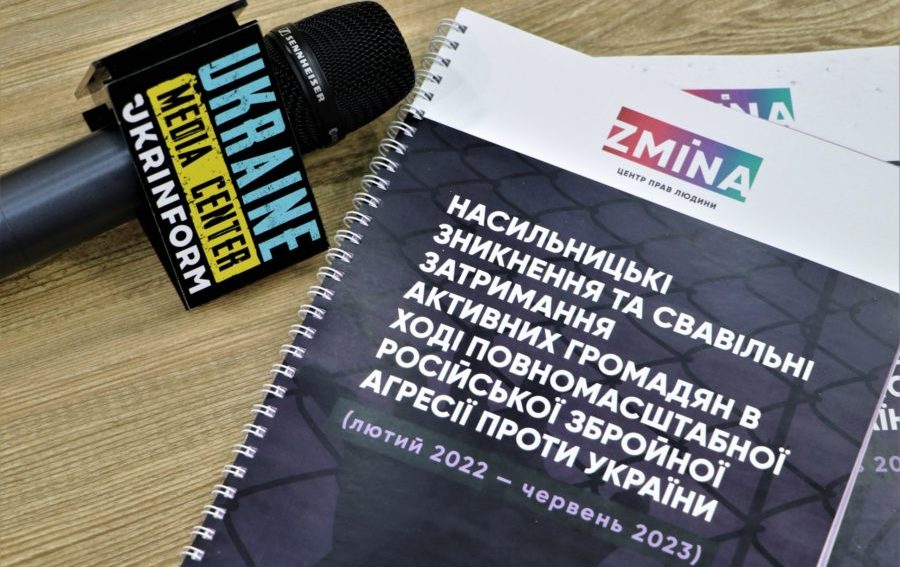
- Protection of active citizens
In the most difficult moments, ZMINA helped civil society to withstand. Over the year, we provided protection to 136 representatives of civil society (human rights defenders, activists, journalists, volunteers). Those were, in particular, 58 legal consultations, of which 51 consultations were of primary legal assistance and seven consultations at the stage of pre-trial investigation or consideration of the case in court, another 78 people received emergency financial assistance.
ZMINA helped activists who were persecuted both in the territory controlled by the Ukrainian government and in the occupied territory. We reimbursed the costs of security, evacuation, medicine and medical services, food, household goods, rent, clothing, bedding, communications and equipment so activists could escape danger and continue their work.
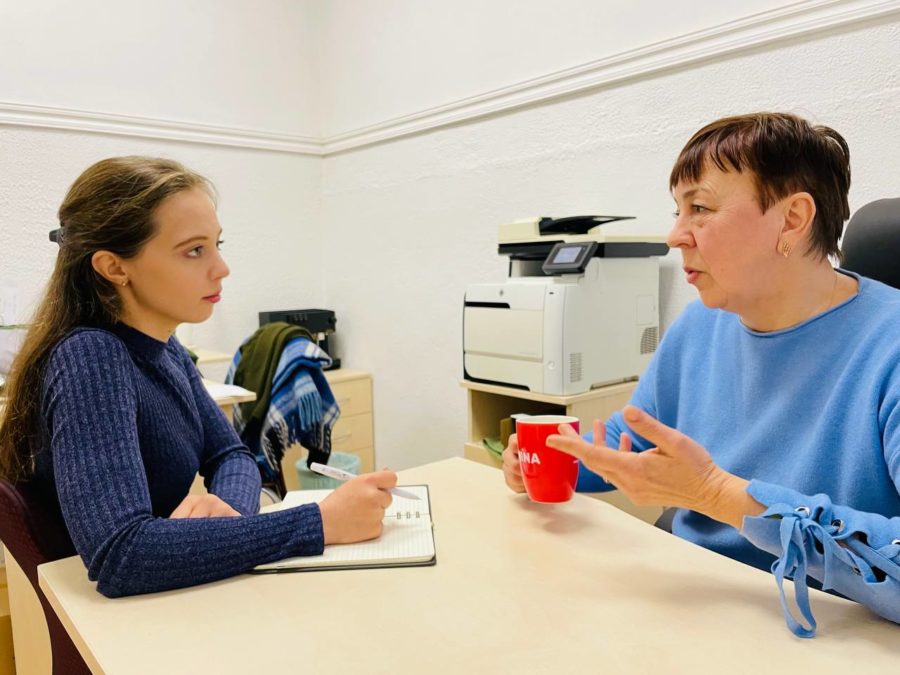 ZMINA journalist Liudmyla Tiahnyriadno and Kherson activist Olena Naumova who was kidnapped by the occupiers and held in a basement
ZMINA journalist Liudmyla Tiahnyriadno and Kherson activist Olena Naumova who was kidnapped by the occupiers and held in a basement- Assistance to victims of war crimes
ZMINA also helps victims of war crimes. In particular, 19 Ukrainians, who were tortured, received financial and psychological assistance; 34 victims of enforced disappearances or their families received free legal consultations.
To protect these people and to investigate their cases, we submitted documented cases of torture and enforced disappearances to the Prosecutor General’s Office of Ukraine, as well as to international legal mechanisms, in particular the International Criminal Court.
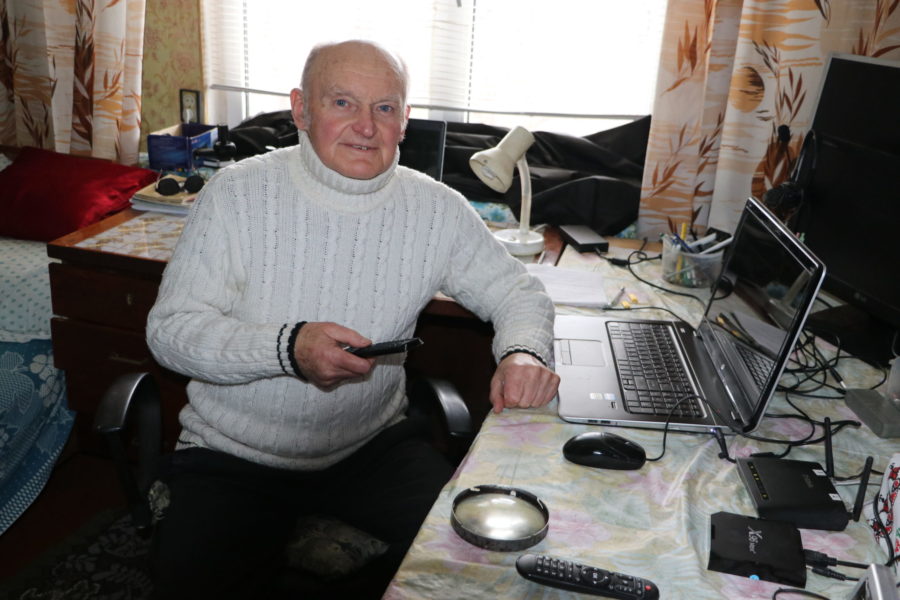 Anatoliy Harahatyi, a witness of war crimes, who was held in a Russian torture chamber in Balaklia and encouraged to cooperate with occupiers for 100 days
Anatoliy Harahatyi, a witness of war crimes, who was held in a Russian torture chamber in Balaklia and encouraged to cooperate with occupiers for 100 days- Advocacy
Over the past year, we actively worked with the authorities to ensure that the legislation of Ukraine and the practice of its application were based on the values of human rights and that people who suffered from the war were given additional protection.
ZMINA participated in the elaboration of five draft laws, two of which concerned the administrative procedure for the registration of acts of civil status that took place during the occupation (No. 9069) and amendments to the Criminal Code of Ukraine regarding clarification of responsibility for collaborationism (No. 8301-2) – already registered in the Verkhovna Rada of Ukraine. We joined the preparation or amendments to at least seven by-laws, including the State Policy Strategy on Internal Displacement until 2025. An important issue of our work is the implementation of transitional justice approaches. Together with partners from the Mission of the President of Ukraine in the Autonomous Republic of Crimea, we work on reintegration measures to be implemented by the state after the return of Crimea. Together with the Ukrainian Parliament Commissioner for Human Rights, we work on the development of a mechanism for the return of persons deported to the territory of the Russian Federation. Together with the Ministry of Reintegration of the Occupied Territories of Ukraine, within the scope of the work of the coordination headquarters, we facilitate the return of Ukrainian citizens from the territory of the Russian Federation and their departure from the occupied territories of Ukraine.
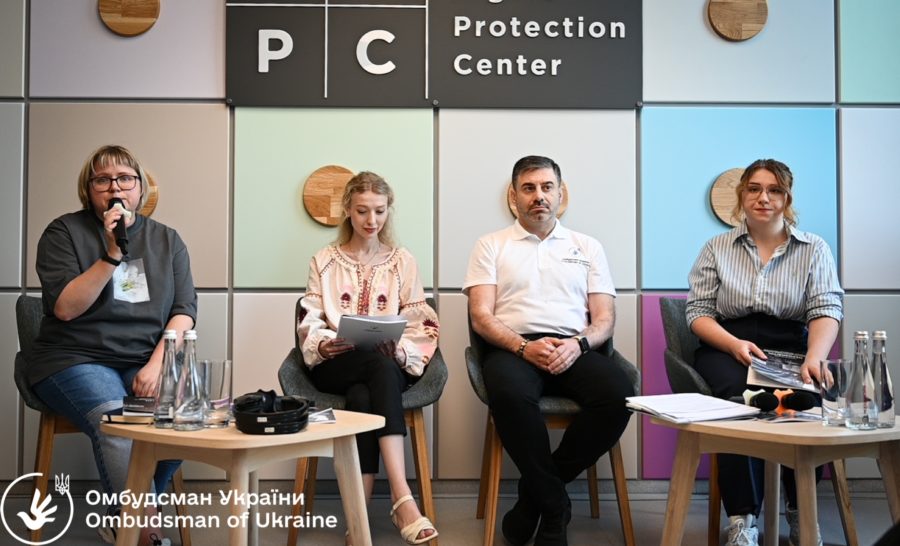 ZMINA advocacy director Alena Luniova and ZMINA legal analyst Onysiia Syniuk during the presentation of the Ombudsman’s report
ZMINA advocacy director Alena Luniova and ZMINA legal analyst Onysiia Syniuk during the presentation of the Ombudsman’s report- Information campaigns
Despite missile attacks and blackouts, we never stopped informing Ukrainian and foreign audiences about the human rights situation. More than 8,500 journalistic materials were published on the zmina.info website, most of which are about Russia’s war crimes in Ukraine. These are stories written firsthand by our documentators about the deportations, abductions, murders, tortures, and captures that Ukrainians experience as a result of the war. Since the beginning of the summer, we started to systematically fill the English version of the website, where we publish translations of the most high-profile news and articles. Over the past year, about two million readers visited the versions of our website.
We are particularly proud of our social media accounts: thanks to feedback from readers, we received valuable testimonies about war crimes in the occupied territories, advised people on safe departure from the occupation, and told them where to get legal and other help. Thanks to the appeals from people whose relatives were abducted by the Russian military, we drew attention to the problem of civilian captives and the steps that the state should take to release them.
And some numbers: ZMINA started TikTok account: we already have more than 24 million views of our videos in a year! We also quadrupled the number of our followers on Instagram and almost crossed the mark of 100,000 followers on Facebook. Follow us!:)
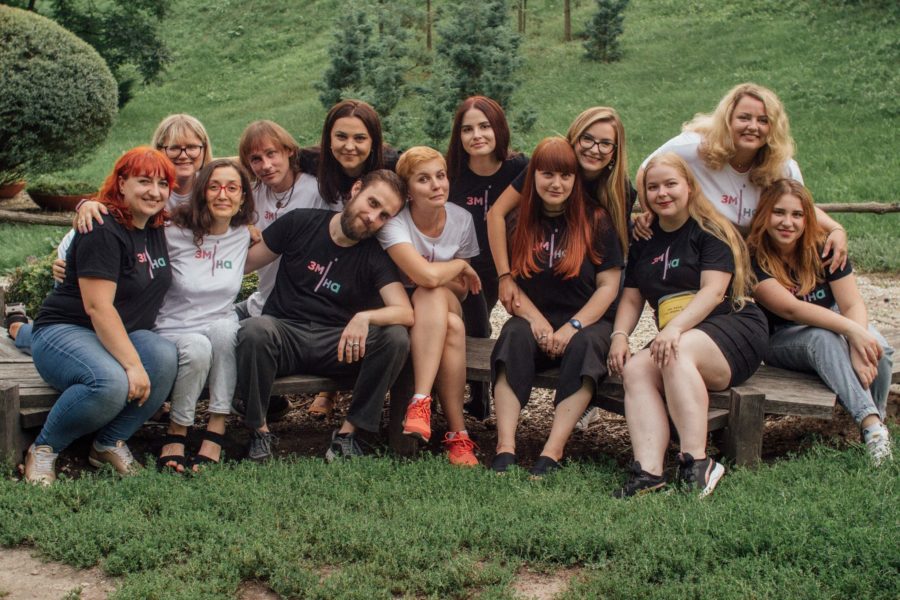
- Impact on the world
ZMINA makes a lot of efforts to tell the world about the crimes committed during the Russian invasion of Ukraine.
Over the past year, starting from last August, we made 48 trips to 26 countries of the world. ZMINA visited Austria, Lithuania, Poland, Bosnia and Herzegovina, Italy, Nigeria, Ghana, France, Germany, Japan, Ireland, USA, Croatia, Georgia, Slovakia, Turkey, Czech Republic, Sweden, Netherlands, Belgium, Latvia, Estonia, Denmark, Romania, United Kingdom and Scotland. We work at the UN, OSCE and Council of Europe platforms, at the level of the European Union, the USA and other capitals of the world countries, representing the victims there and providing evidence of war crimes.
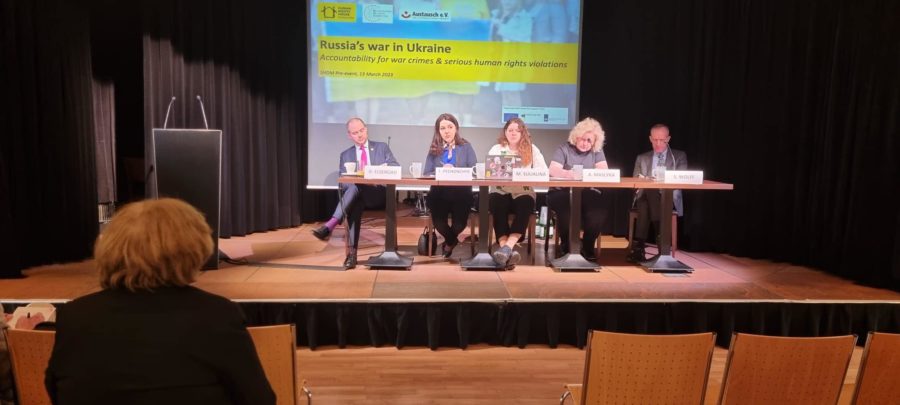 ZMINA head Tetiana Pechonchyk at the OSCE Supplementary Human Dimension Meeting in Vienna, March 13, 2023
ZMINA head Tetiana Pechonchyk at the OSCE Supplementary Human Dimension Meeting in Vienna, March 13, 2023- Judicial reform
ZMINA joined a new membership of the Public Integrity Council – a body that checks judges and candidates for compliance with the criteria of integrity and professional ethics. Already the third PIC membership will work from 2023 to 2025.
The new PIC faces difficult tasks: to help the High Qualification Commission of Judges of Ukraine to conduct the assessment of almost 2,000 judges, which began back in 2015, and to recruit approximately 700 more judges for vacant positions in courts of appeal. This will be done by 20 new PIC members, including Liudmyla Yankina, head of the civil society protection program of Human Rights Centre ZMINA, and Danyil Popkov, the organization’s legal advisor.
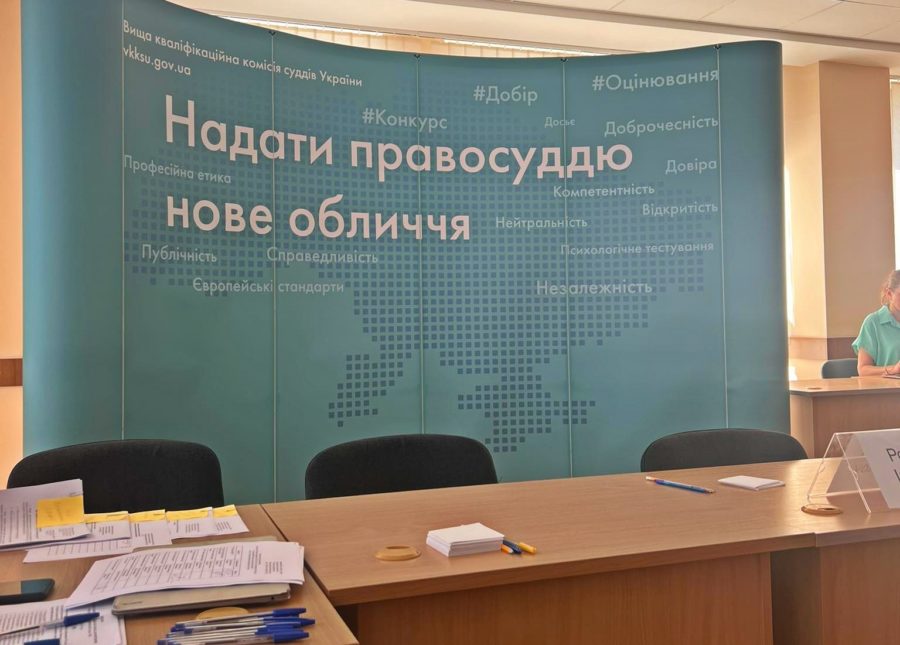 August 14 meeting of representatives of field-specific civic associations, at which a new Public Integrity Council membership was elected
August 14 meeting of representatives of field-specific civic associations, at which a new Public Integrity Council membership was elected- Campaigns: Two exhibitions held across Ukraine and Europe
Over the past year, ZMINA presented two exhibitions showing the horrors and atrocities that Russia brings with it. The photo exhibition “The War Is Not Over Yet”, which has already toured almost all of Ukraine, aims to tell about people who inform the world about Russia’s war against Ukraine.
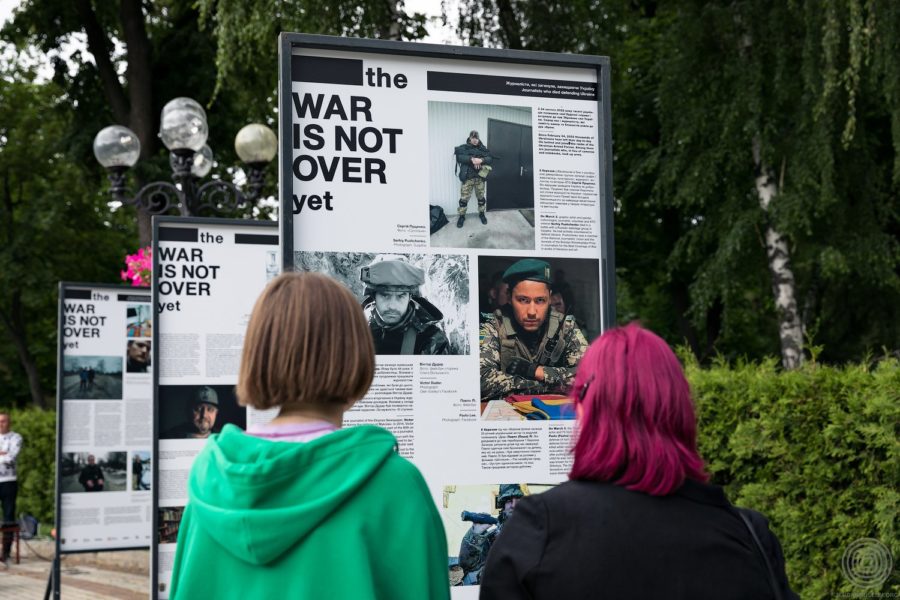
These are journalists who have been killed, injured, fired upon, captured, or persecuted since the beginning of the full-scale invasion. Over the past year, the exhibition visited Kharkiv, Ternopil, Poltava, Kyiv, Boyarka, Vinnytsia, and Odesa. Currently, it is presented in Khmelnytskyi, and other cities will also learn about Russia’s crimes against Ukrainian media workers – follow our news.
Moreover, last autumn the world saw the photo exhibition “Stories from occupied Crimea” prepared by three Ukrainian reporters – Alina Smutko, Taras Ibragimov, and Alyona Savchuk. In 2014–2019, they covered human rights violations in occupied Crimea and documented the lives of families of political prisoners. This exhibition first opened in Croatia, later it traveled throughout Ukraine: it was in Khmelnytskyi, Kropyvnytskyi, Chernivtsi, Dnipro, Lutsk, and Lviv. In addition, “Stories from occupied Crimea” was shown in Spain, the Czech Republic, Lithuania, and Belgium. Separately, the exhibition was presented at the Kyiv railway station on the Day of Remembrance of the Victims of the Genocide of the Crimean Tatar People.
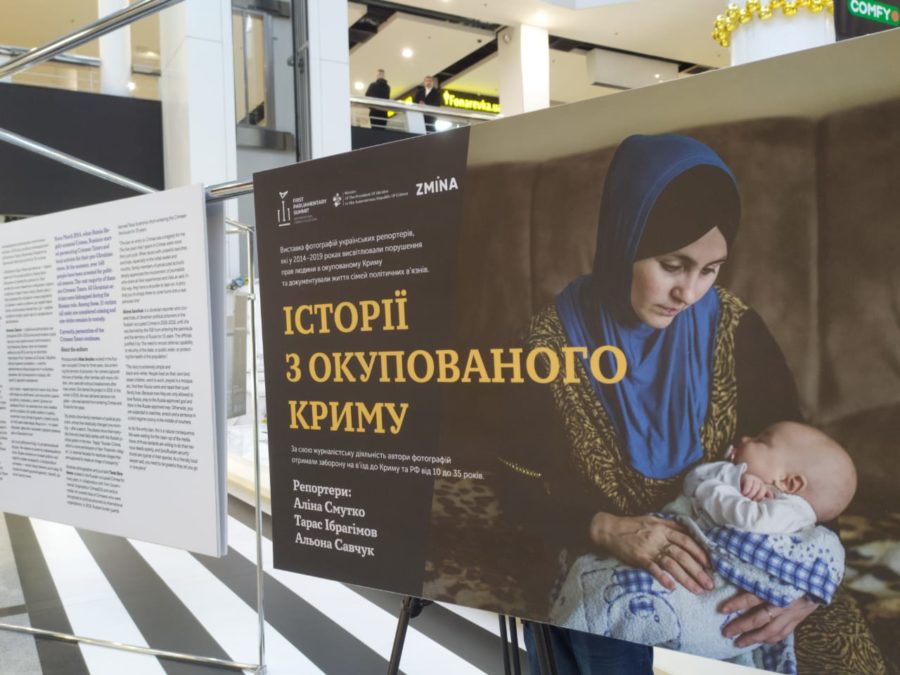
In addition to these photo campaigns, ZMINA regularly conducts informational events and actions to draw the world’s attention to the crimes committed by Russia in Ukraine.
- Team expansion
The organization grows to cope with the avalanche of cases and tasks that fall upon us (mainly due to the Russian aggression against Ukraine). During its 11th year of activity, the Human Rights Centre’s team doubled and reached 38 people.
We were joined by field mission coordinator Yevhen Vasylyev; strategic communications advisor Anastasia Lykholat; documentators Borys Pentruniok, Viktoria Sholokh, Viktoria Naidionova and Albina Karman; project managers Oleh Hnatiuk, Inna Ilchenko and Viktoria Nesterenko; legal advisors Danyil Popkov and Natalia Okhotnikova; journalists Diana Kolodiazhna, Elina Sulima and Liudmyla Tiahnyriadno; international advocacy manager Tetiana Zhukova; I-Doc database analyst Ivan Bezdudnyi; deputy head of the organization Ihor Yakubovsky; and accountant Iryna Komarova.
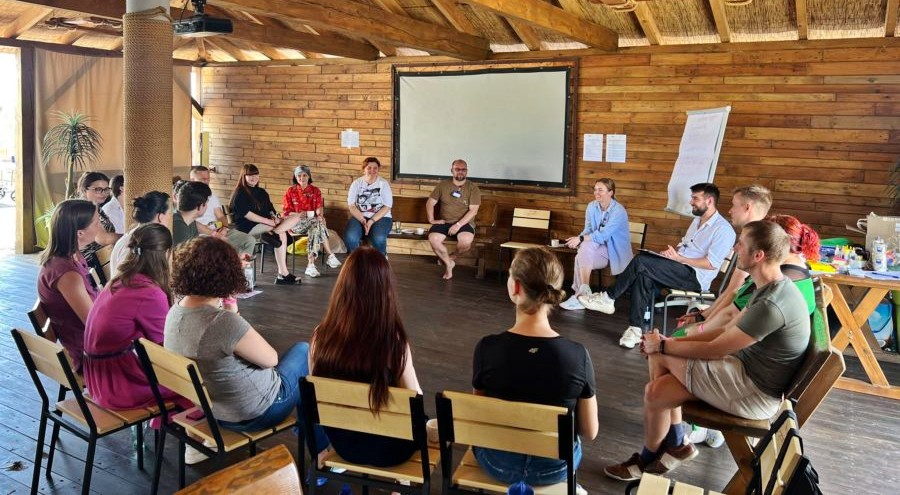 ZMINA during team building training, July 20, 2023
ZMINA during team building training, July 20, 2023Our team is very diverse and includes people from all corners of Ukraine. ZMINA builds its work on the values of equality and non-discrimination and invites employees who are committed to human rights regardless of their age, gender, religion, sexual orientation, ethnic origin, disability, or other characteristics.
- Taking care of not only people
A puppy found near the road was brought from the autumn mission to the de-occupied Kherson region and named Malva. Our journalist Diana Kolodiazhna took care of her and Malva grew into a beautiful and healthy dog.
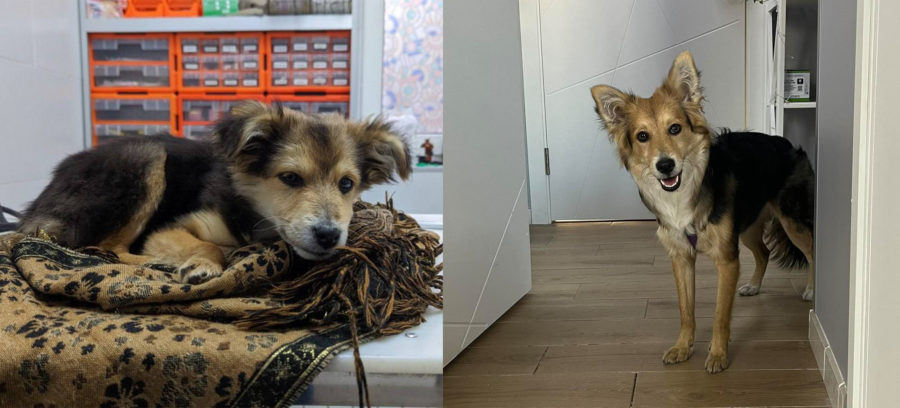
If you have found a spelling error, please, notify us by selecting that text and pressing Ctrl+Enter.

